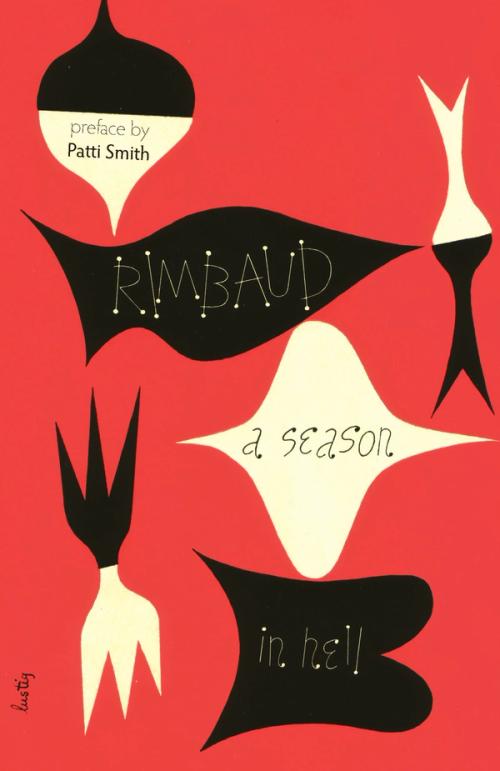In terms of cultural popularity, the most enduring songs on _Combat Rock — _The Clash’s fifth studio album — are, in no particular order, “Rock the Casbah”, “Should I Stay or Should I Go”, and “Know Your Rights”. The best song on the album, however, is probably “Straight to Hell,” a haunting and generally underappreciated song that should be recognizable to fans of M.I.A, who sampled the opening guitar and drum riff in her popular hit “Paper Planes”.
But there’s also no denying the sublime beauty of another of the album’s darker songs: “Ghetto Defendant.” If you aren’t familiar with it, watch the video above, courtesy of the film Rude Boy.
Recognize that voice reciting poetry? I didn’t. I had no idea who it was for years, was never even curious. But when I finally looked it up, it turned out to be none other than Allen Ginsberg. As an excuse I’ll just say that my musical curiosity far outpaced my literary curiosity as a teenager, meaning that although I knew who Allen Ginsberg was, I had never heard his voice and never would have guessed that he, of all people, was friendly with Joe Strummer. Of course now it makes perfect sense. Strummer’s lyrics were just as politically charged as Ginsberg’s poetry, and both were living icons at the time. A perfect match, ideologically. The risk came in having a poet speak in slow, even-toned lines in between Strummer’s passionate lyrics. The end result? I don’t think it’s everyone’s cup of tea, and I’m not always in the mood for it myself, but it’s hard not to smile at such enjoyable lines as “Do the worm on Acropolis / Slam dance cosmopolis” or “Methadone kitty / iron serenity.”
But this post is about Rimbaud, who makes an appearance at the 2:55 mark. For those of you who aren’t fans of The Clash (blasphemy!) and don’t want to bother listening, the lines Ginsberg reads are:
Jean Arthur Rimbaud 1873 Paris Commune Died in Marseille Buried in Charleville Shut up in eternity
Volumes of biographies have been written about Rimbaud, and justifiably so. His lifestyle, his poetry, and his subsequent decision to stop writing poetry at a very young age have turned him into legendary figure. There was even, let us not forget, a really awful movie (Total Eclipse) made about him and Paul Verlaine, with young Leonardo DiCaprio playing Rimbaud. But Ginsberg’s slow recital (it spans over forty seconds of song time and plays second fiddle to Strummer’s chorus), and the mournful delivery of his conclusion, do about a good a job as is possible — in only sixteen words — to memorialize Rimbaud. A respectful tip of the hat to Messieurs Ginsberg and Strummer.
Published